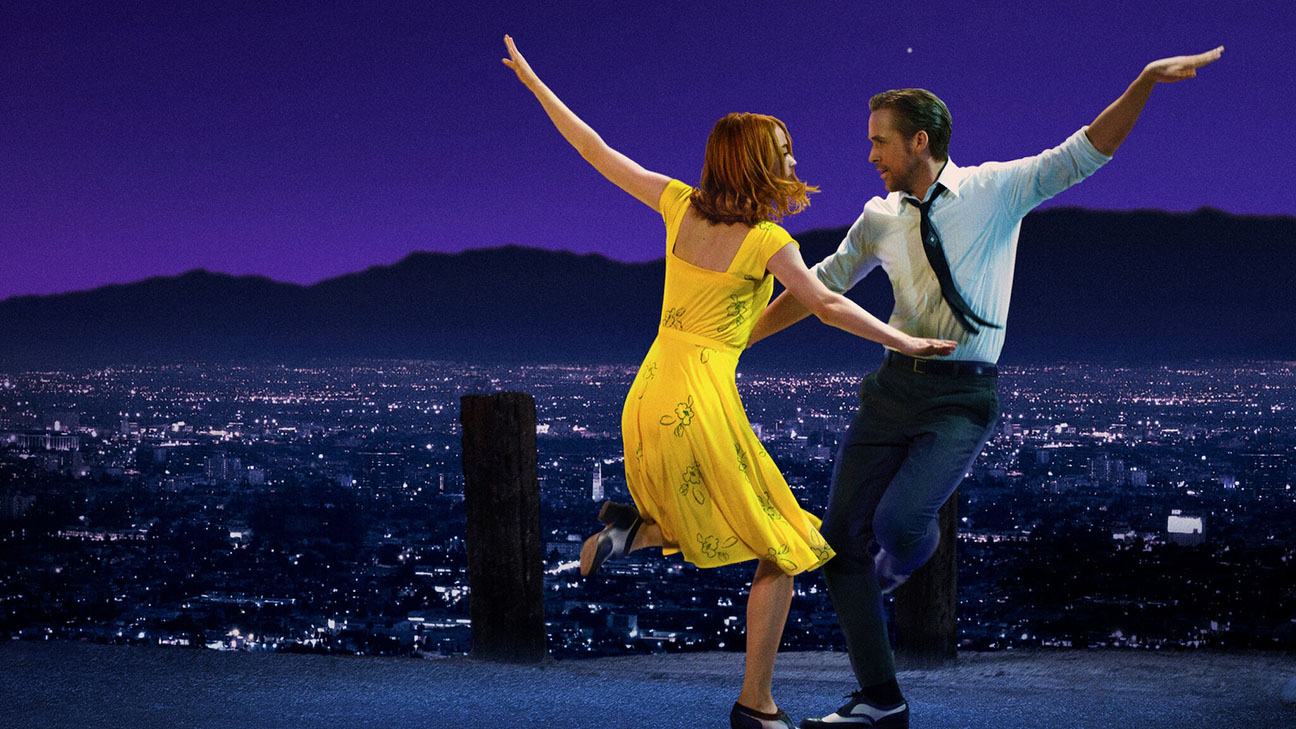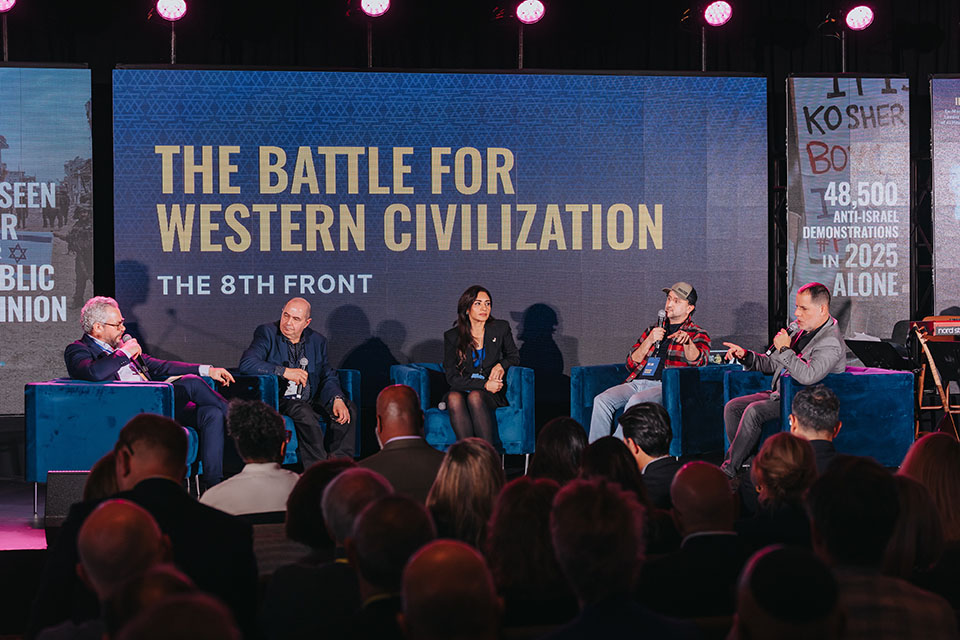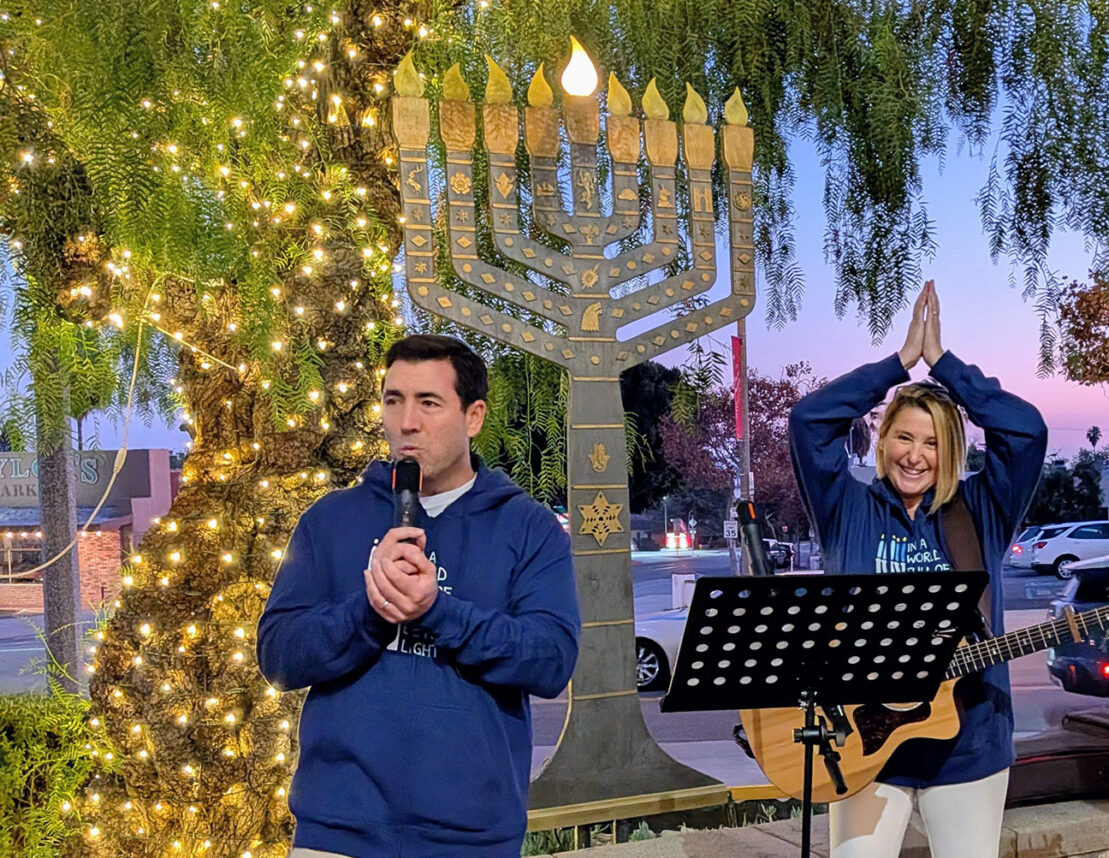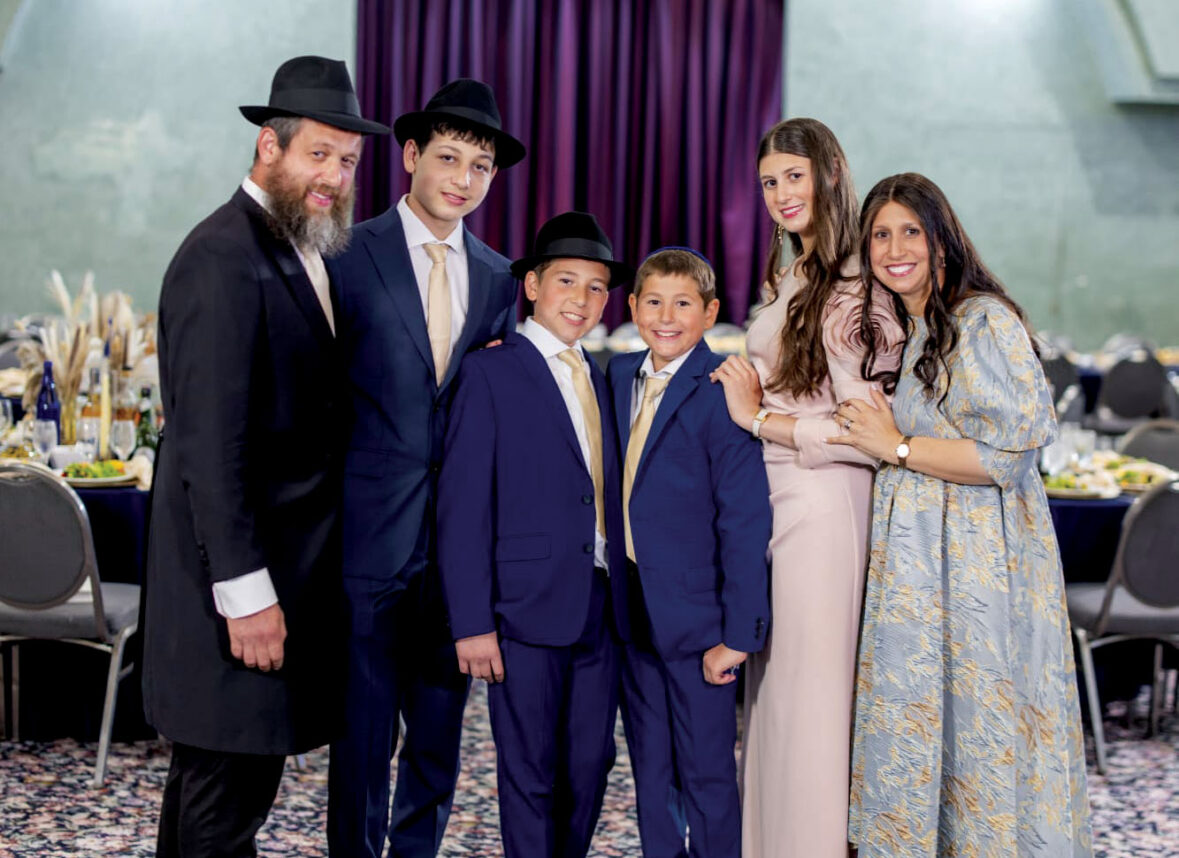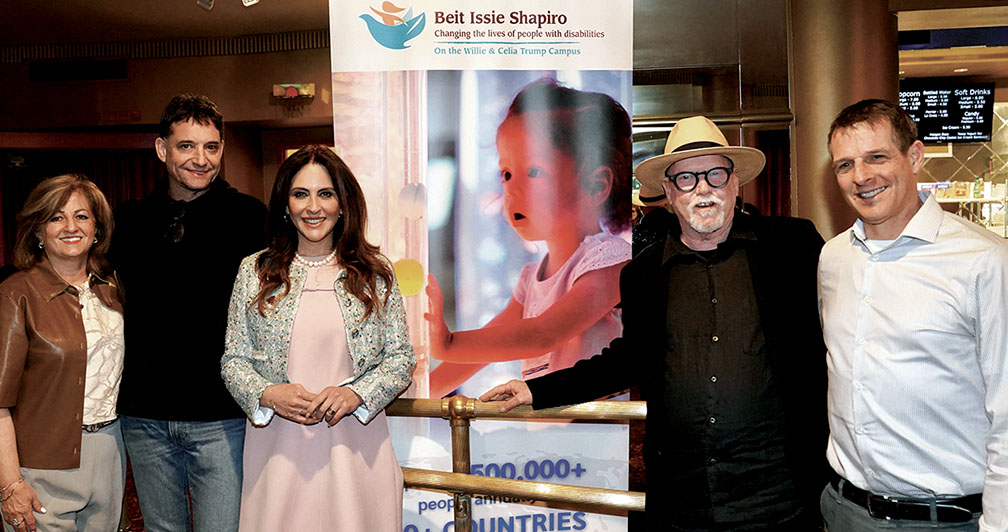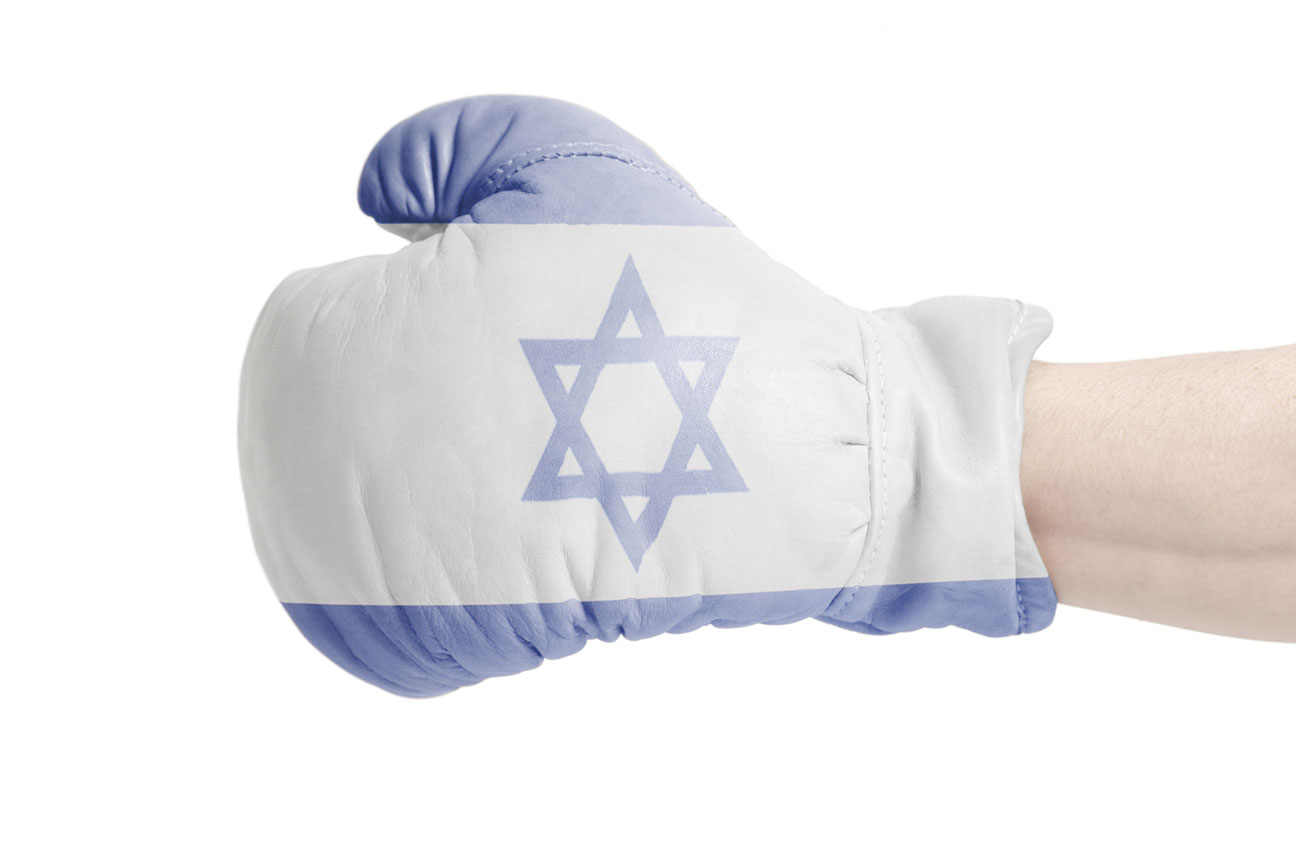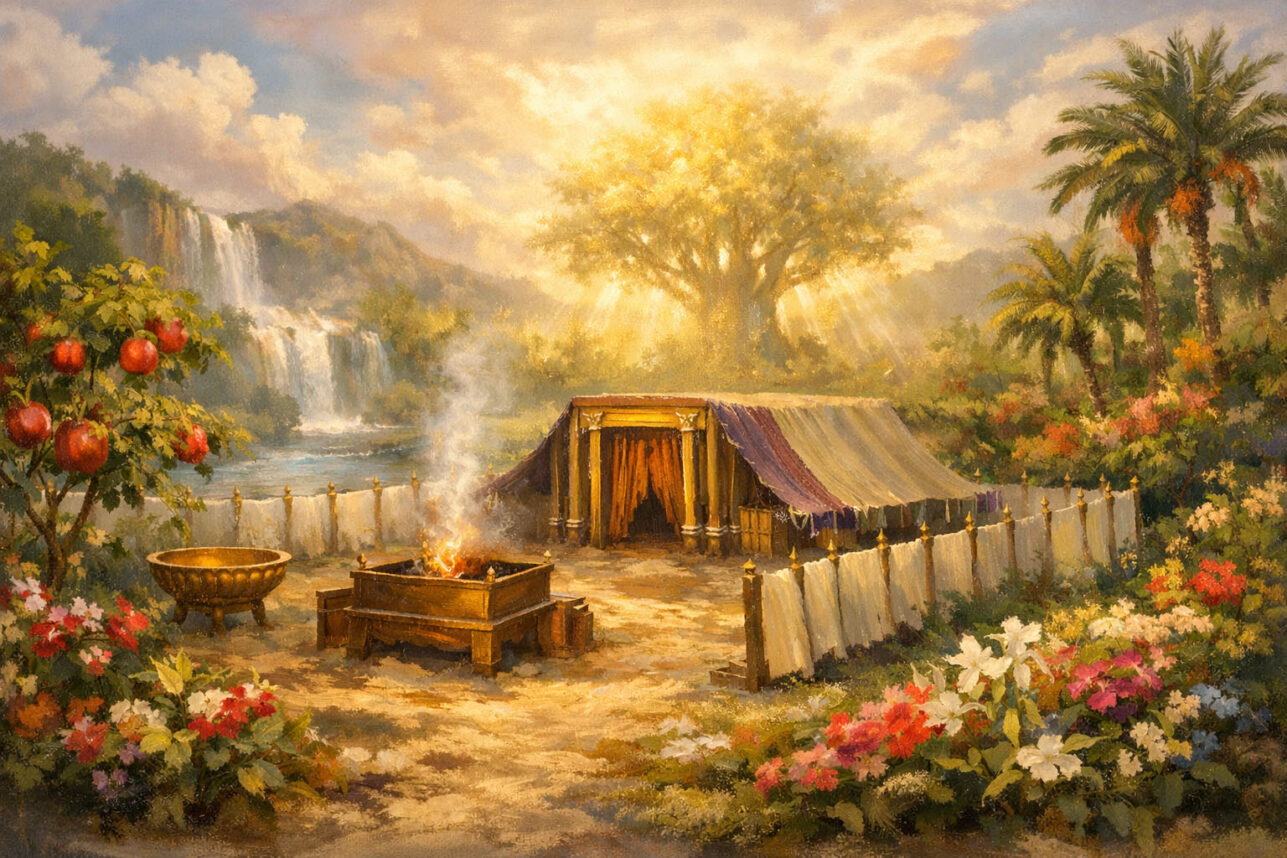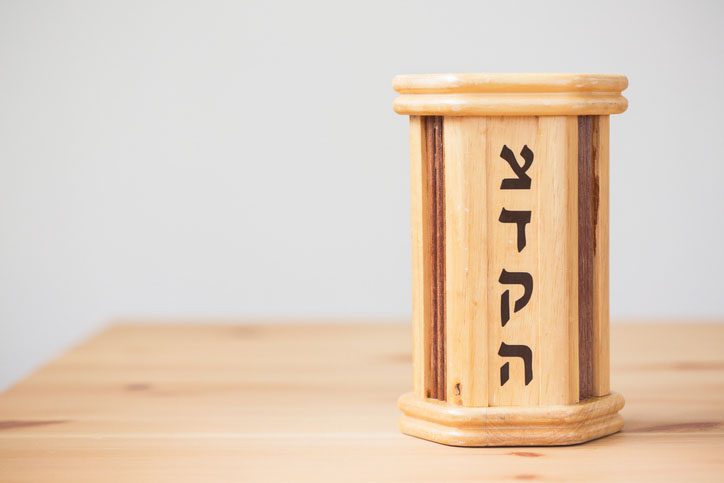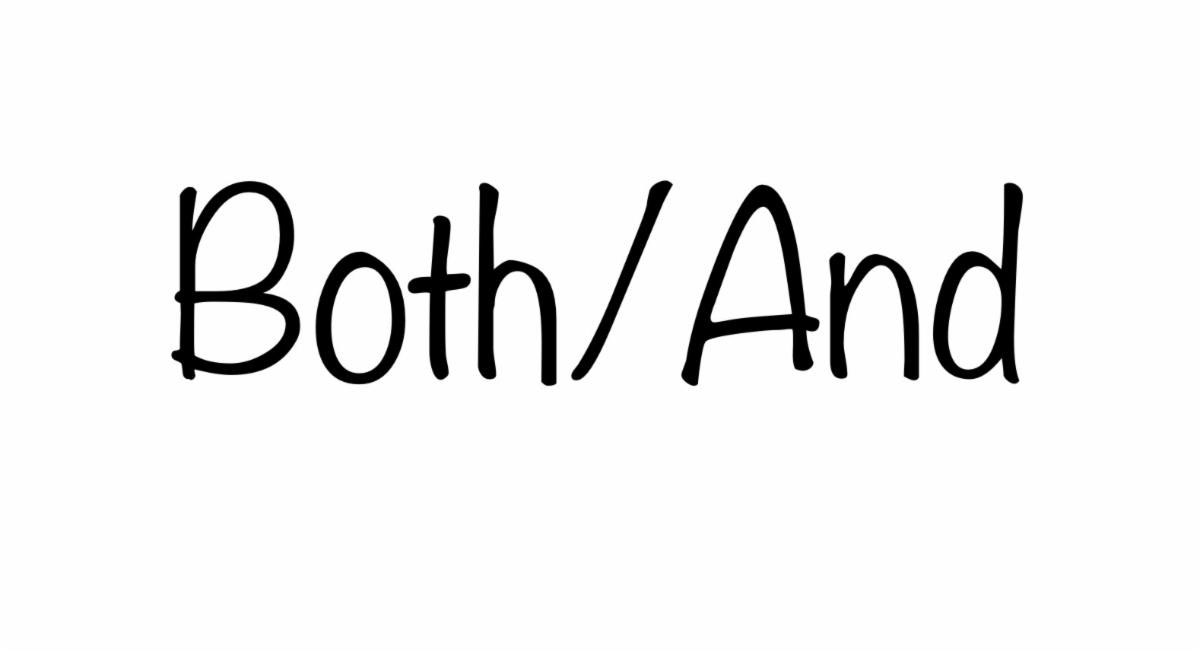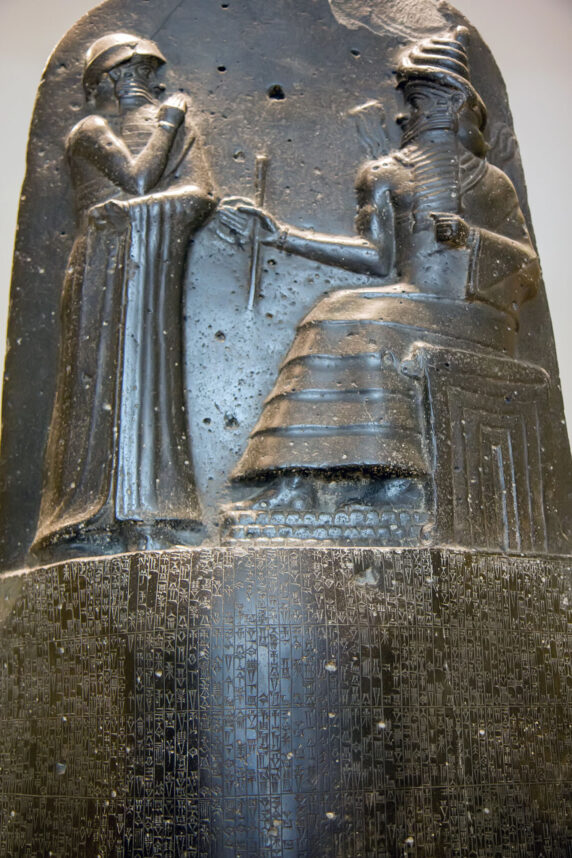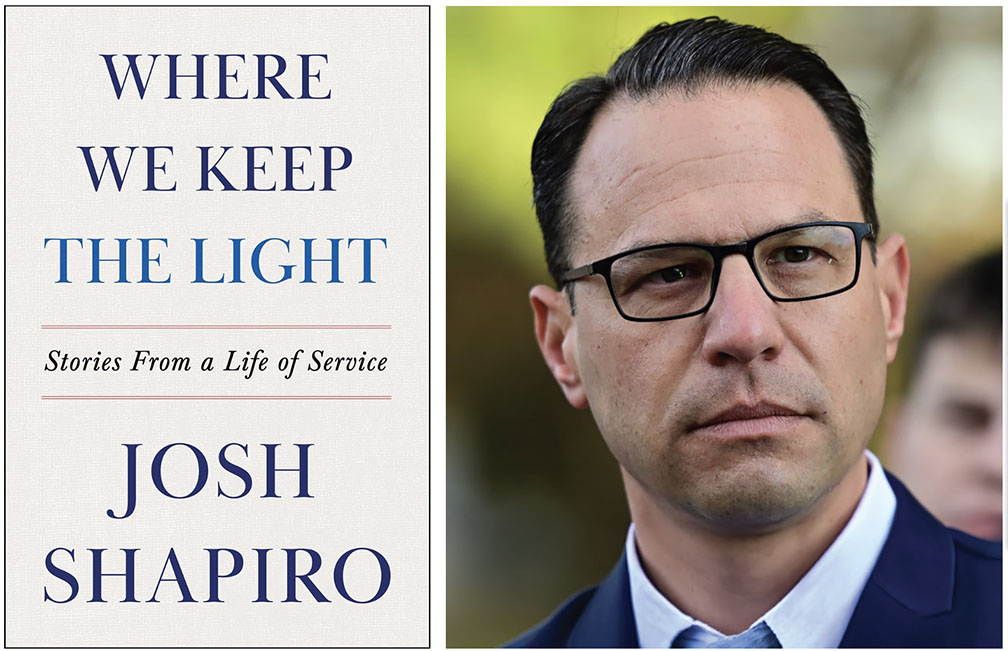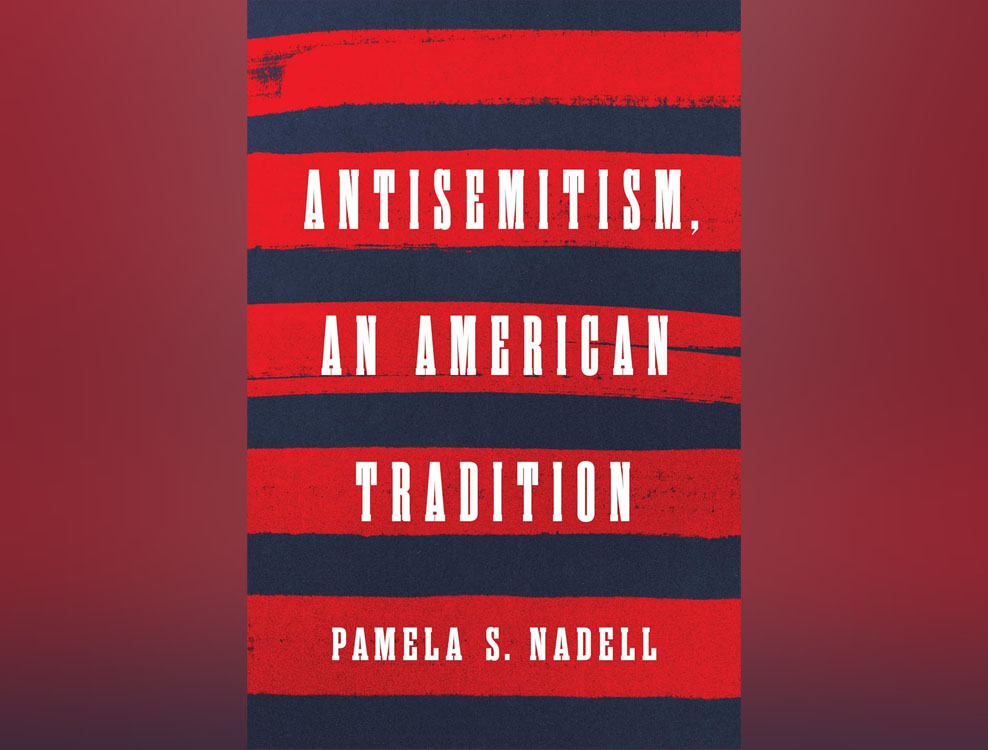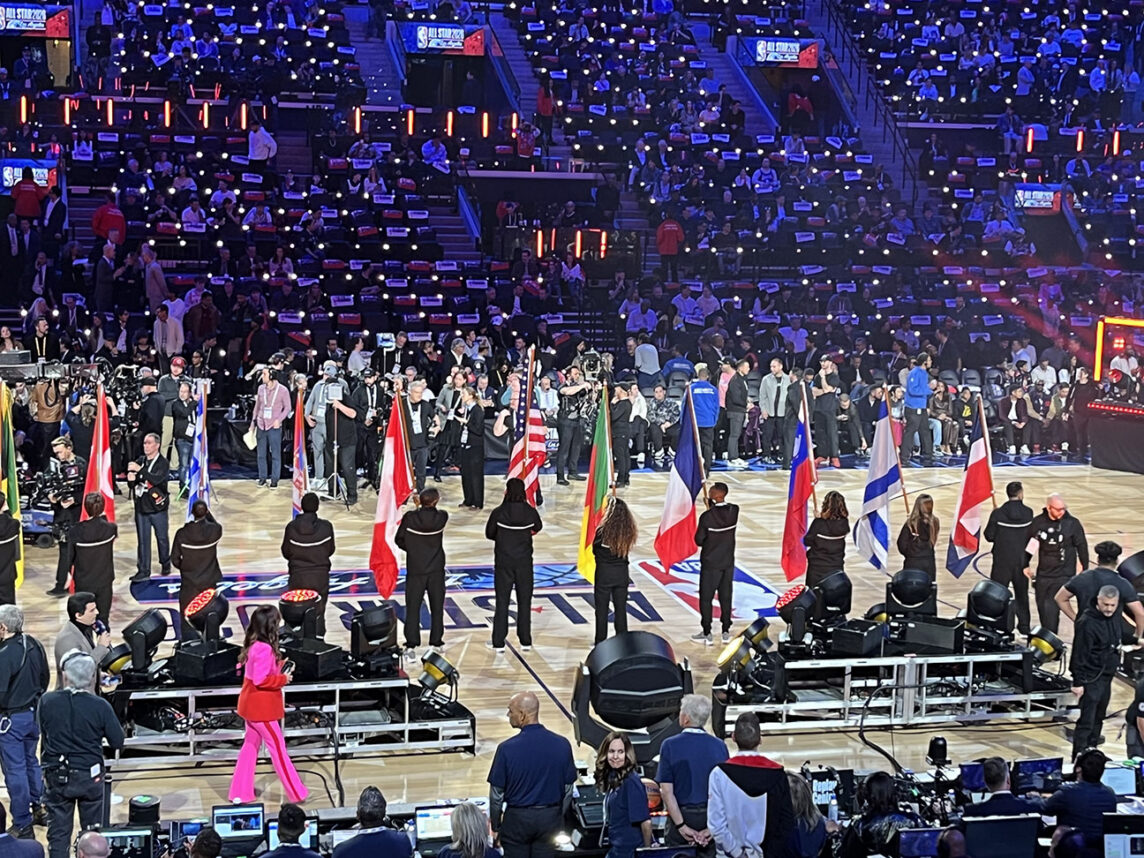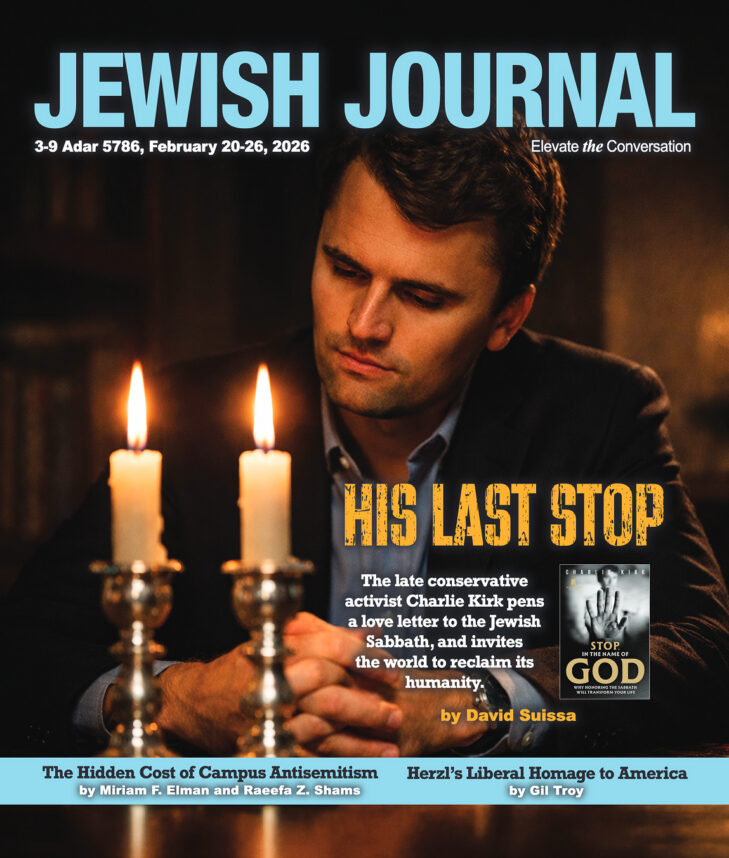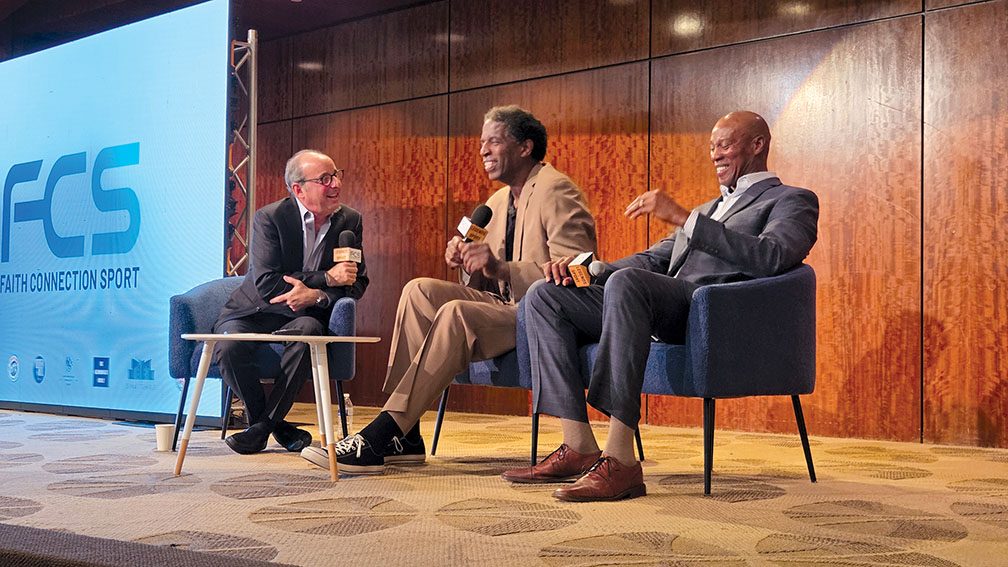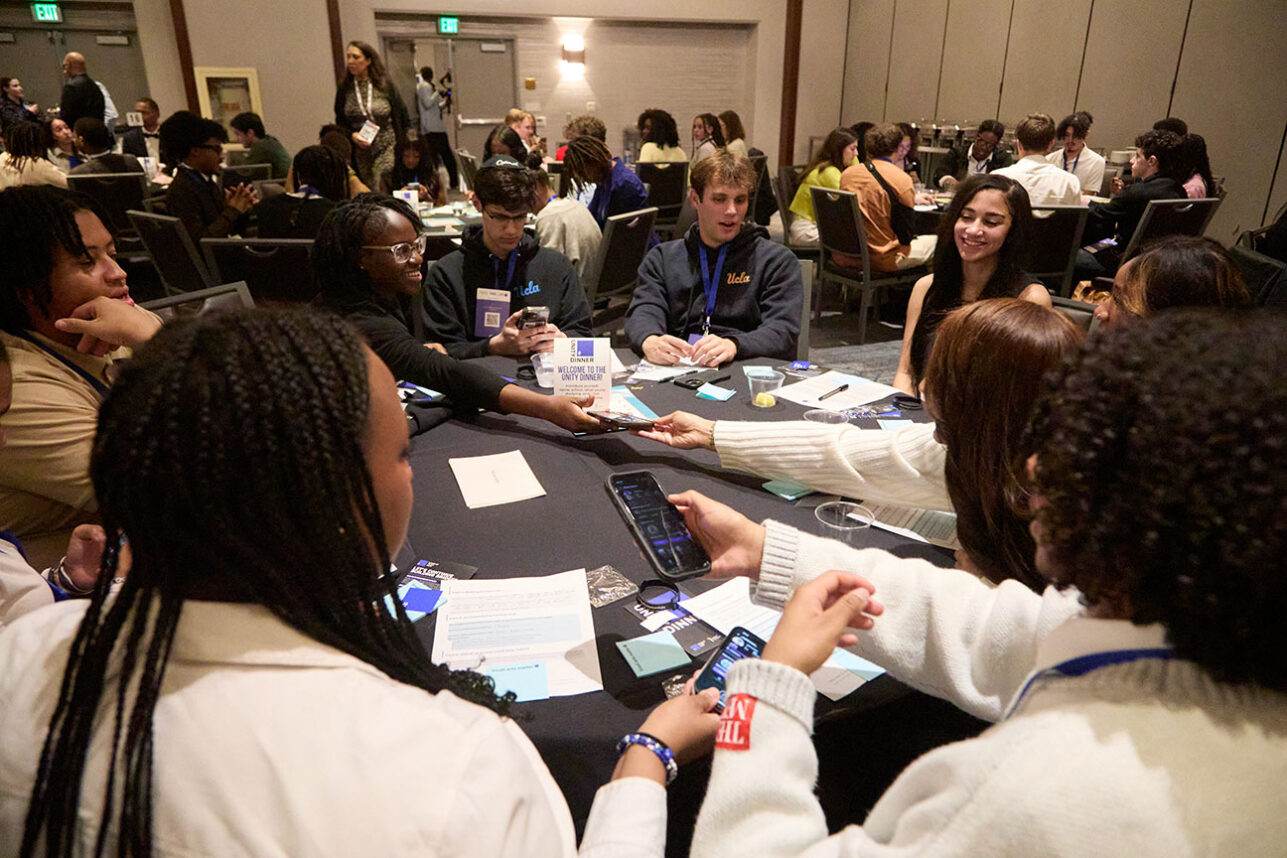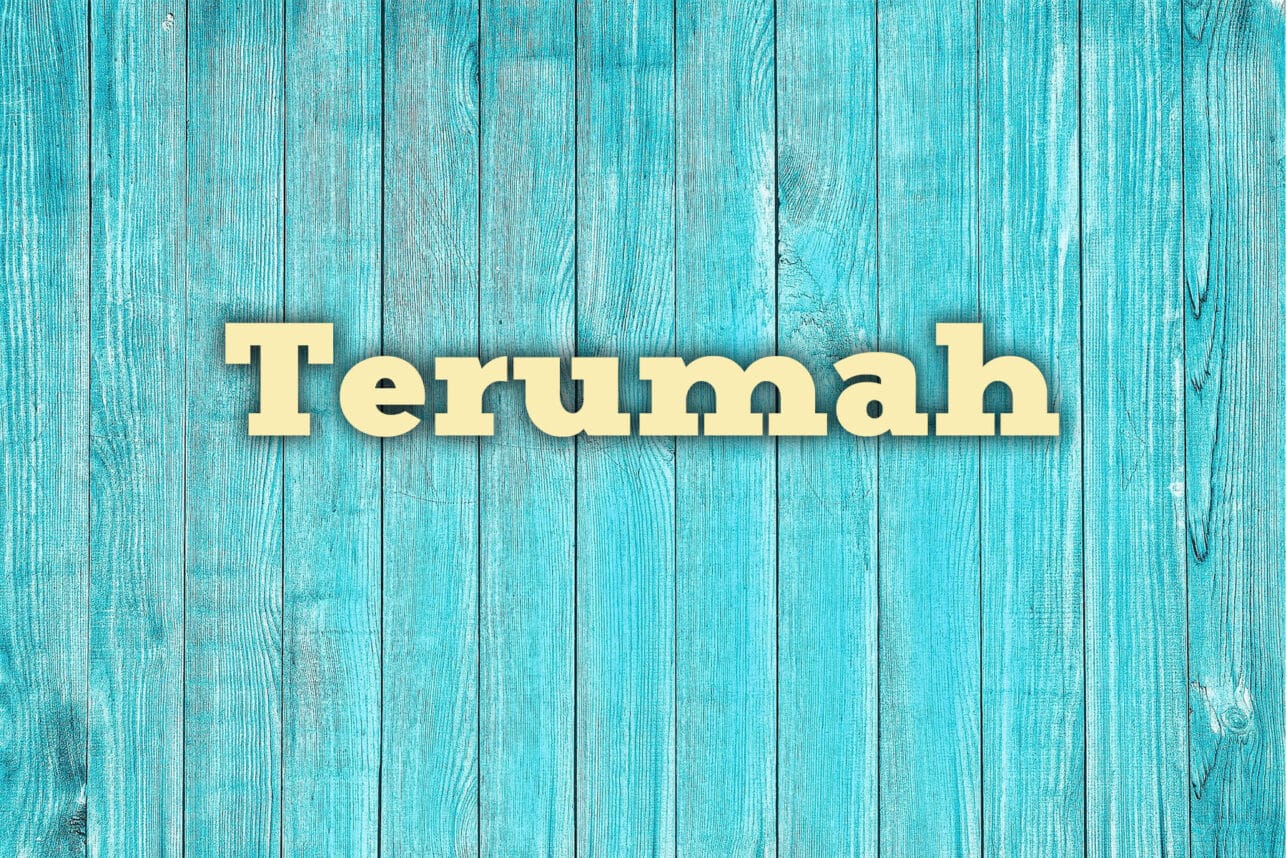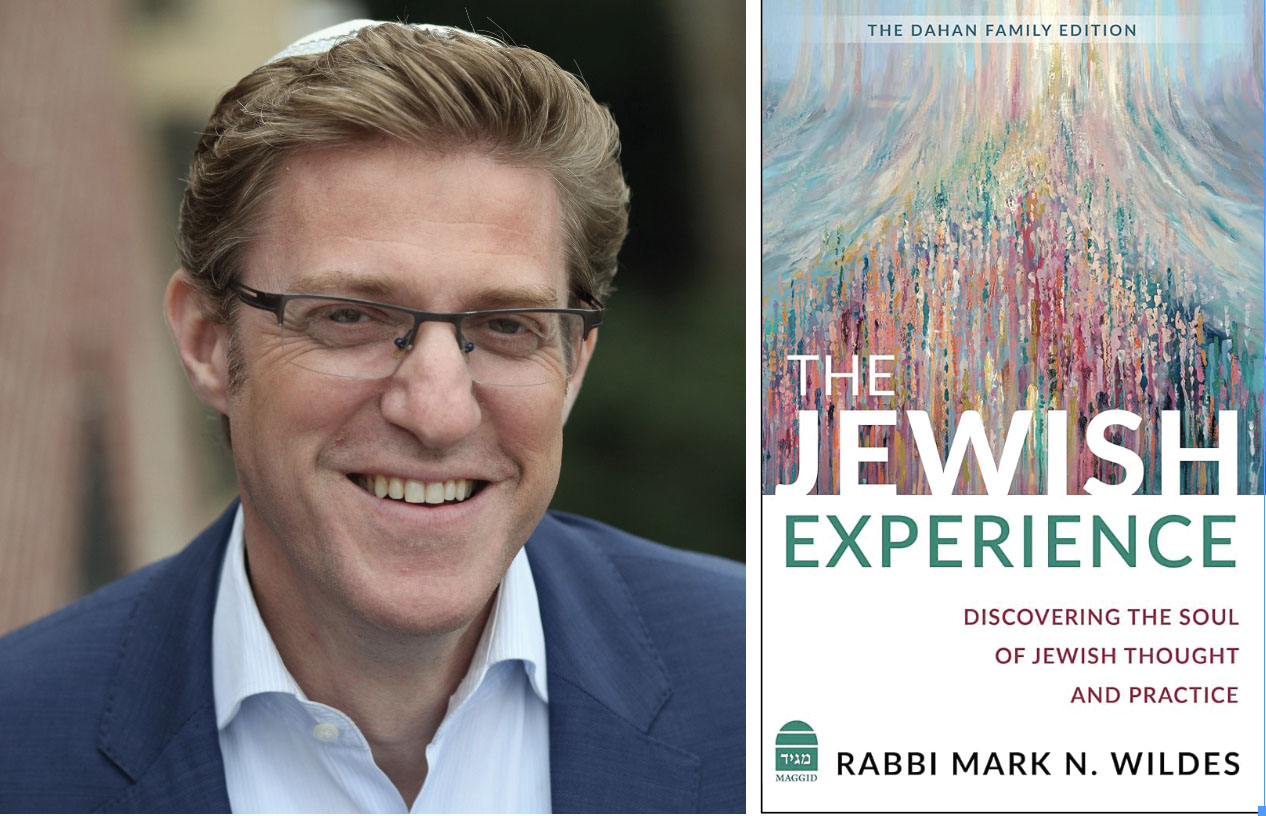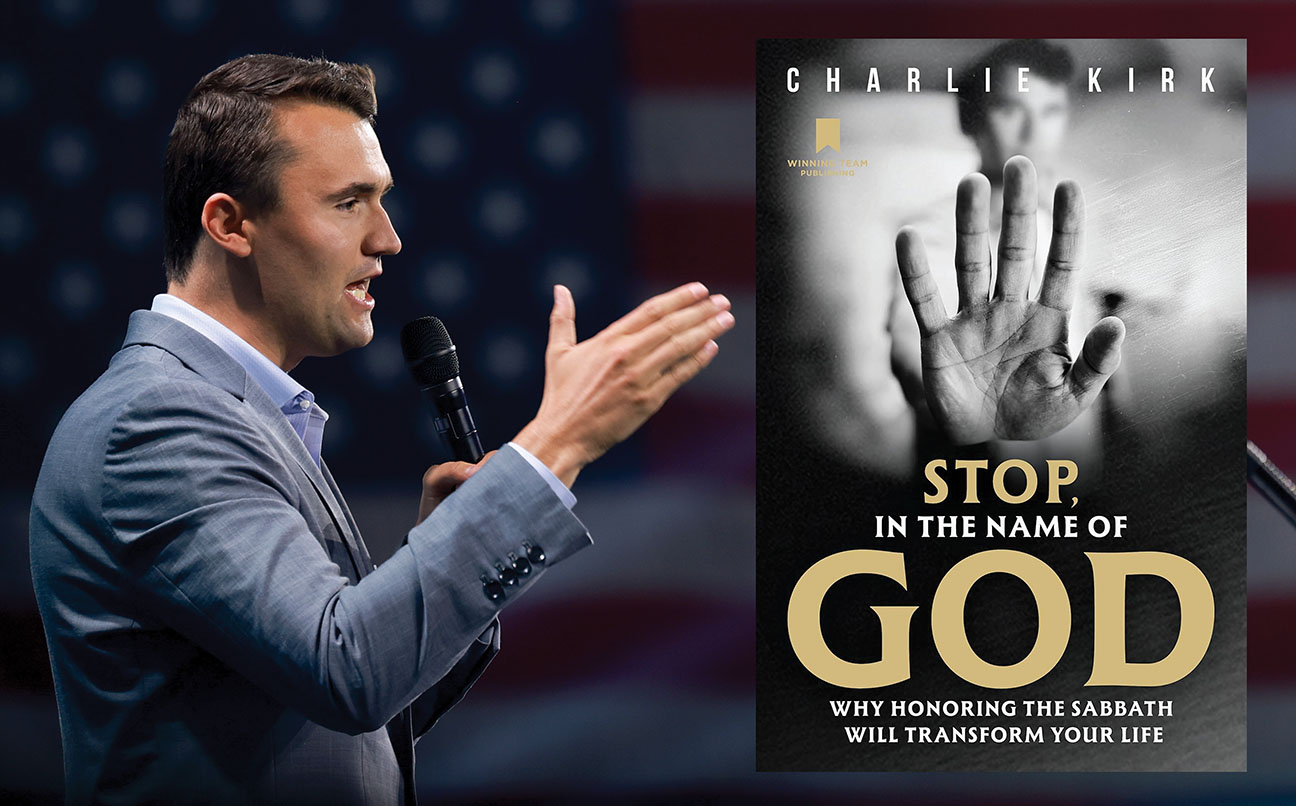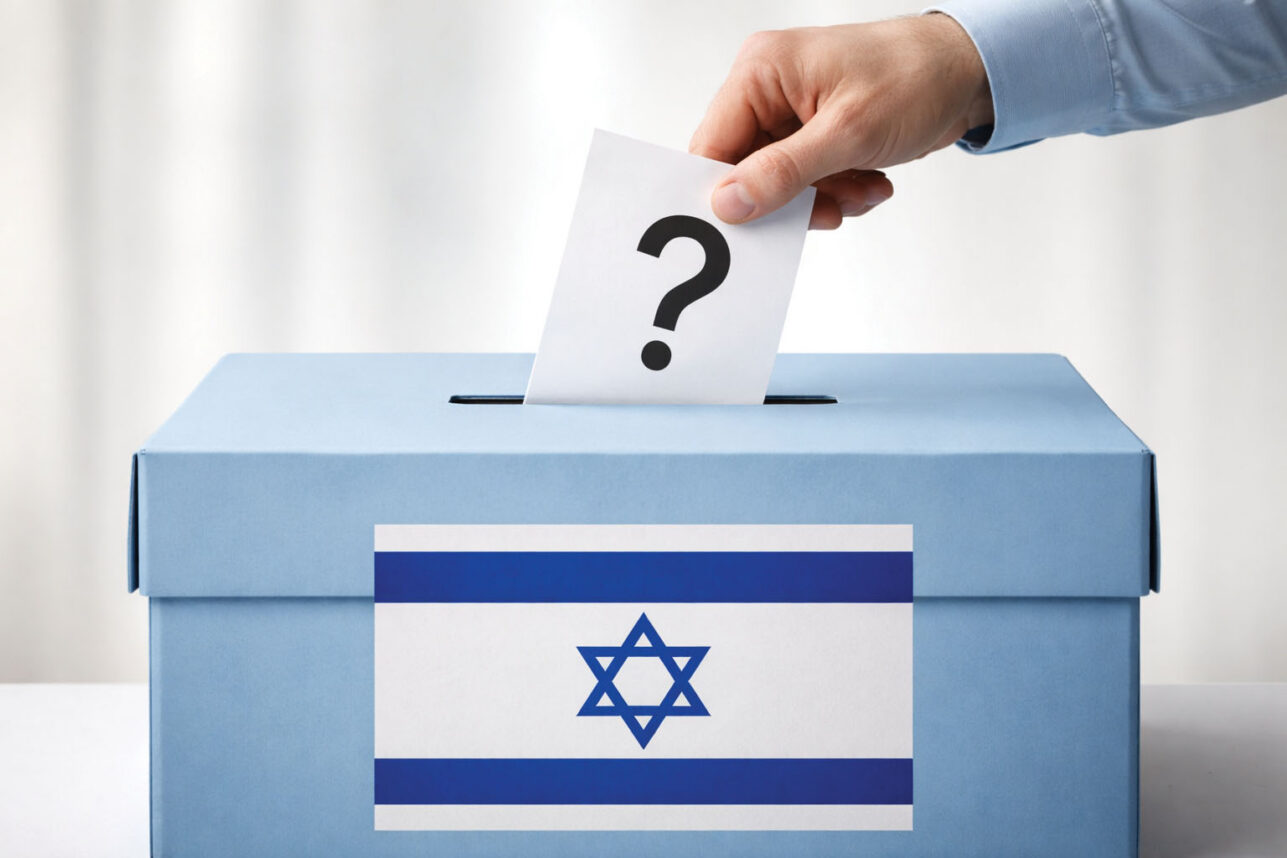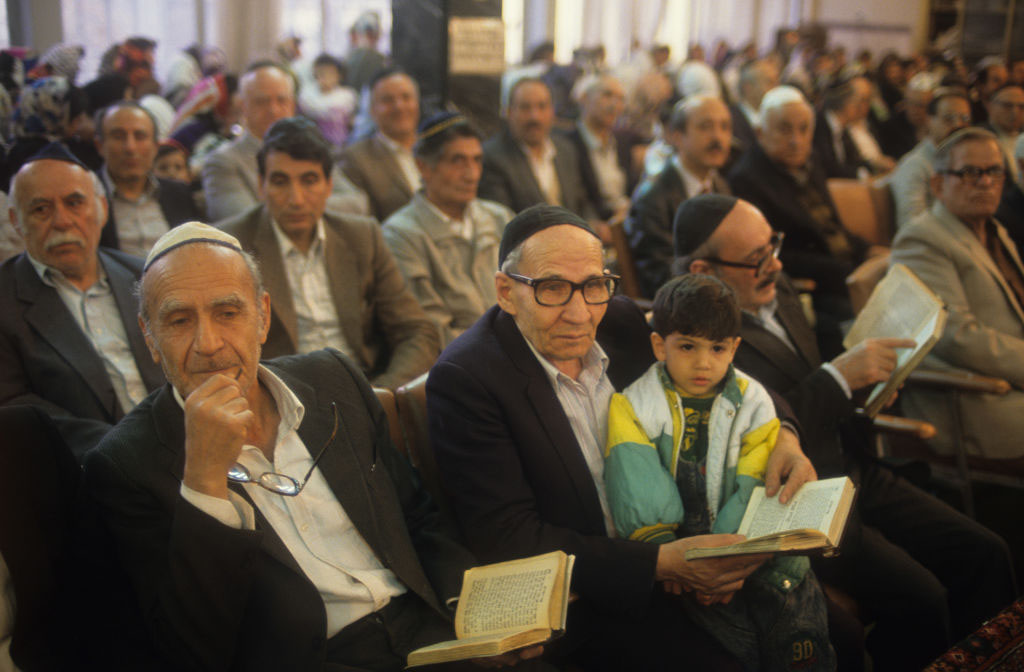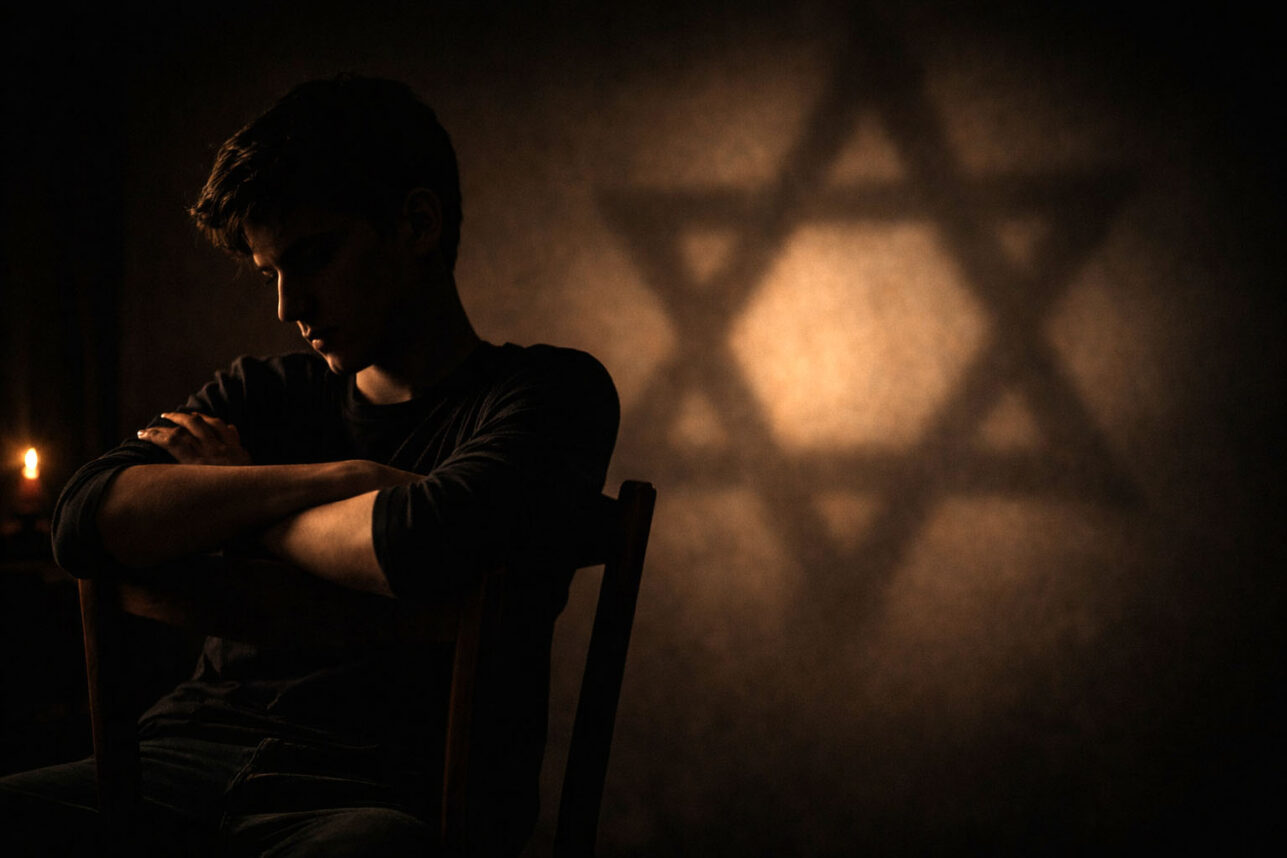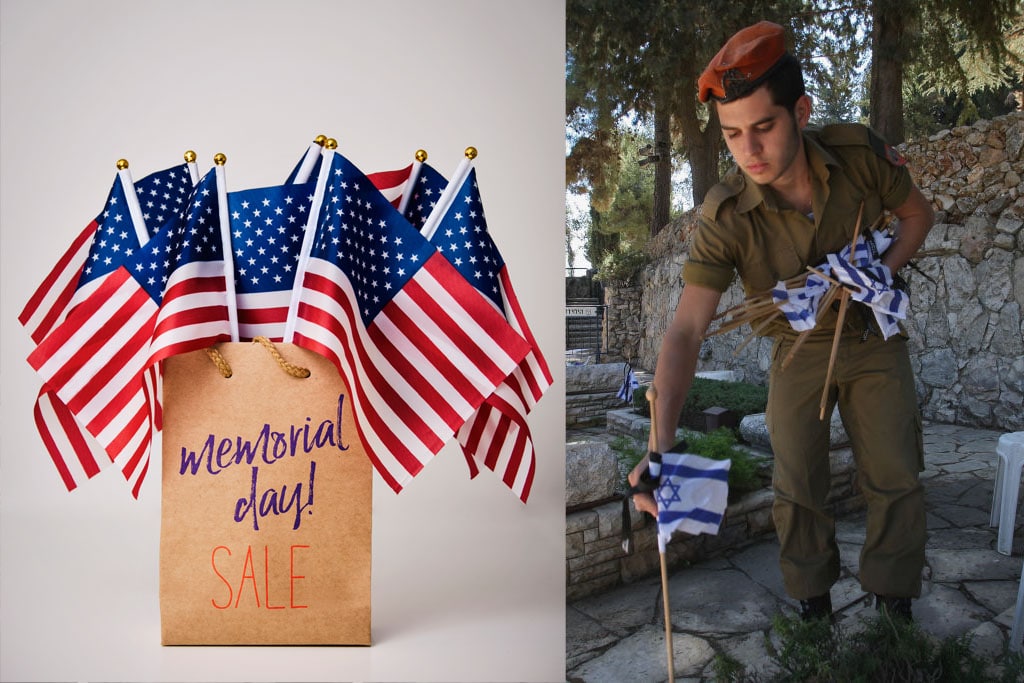
“Why don’t I have school tomorrow?” I asked my father one Sunday in late May 1990. “Is it Rosh Hashanah?”
“No, that’s in the fall,” he replied.
“Is it Nowruz (Persian New Year)?”
“We already had that in the spring, remember?” he said. I hadn’t remembered; I was only eight and we had just arrived in the United States that previous June. I could barely keep track of the English names of months in the Gregorian calendar.
“Look at these prices!” my father squealed as he held up the coupon section of the Sunday Los Angeles Times. He called my mother over to the dining room table and pointed at a picture: “This lawnmower is half off!”
When my mother reminded my father that we didn’t have a lawn, he turned his attention to pictures of women’s clothes displaying the latest fashions of the new decade. “You want this sequined sweater?” he asked her. “It’s also half-off.”
“Why am I home tomorrow?” I asked again.
“Americans are honoring soldiers who’ve died in their wars,” my father responded. “It’s their Memorial Day.” He looked back at the newspaper and added, “Wow! VCRs are twenty-five percent off!”
I didn’t get it. Were proceeds from lawnmower, sweater and VCR sales going to bereaved families? The next day, we were joined on a crowded beach in Venice by thousands of Angelenos in neon-colored swimsuits who were grilling hot dogs and body-surfing as their boomboxes loudly played Janet Jackson’s “Escapade” and Madonna’s “Vogue.” Naturally, I couldn’t help noticing that it was an unusual way to honor fallen soldiers. Was I missing something?
It seems that unless they’ve lost a loved one who was serving in the military, most Americans aren’t personally touched by Memorial Day. In high school, I learned that America no longer had a mandatory draft, so I didn’t expect to see parades and tributes on every other street in my neighborhood. But I still couldn’t believe that most Americans I knew, including friends who were born here, associated Memorial Day with hamburgers and discounted merchandise.
It seems that unless they’ve lost a loved one who was serving in the military, most Americans aren’t personally touched by Memorial Day.
In hindsight, I was no better, because I was still confused. Once social media became popular, I began posting on the Facebook walls of friends who had served in the army and air force: “On this Memorial Day, thank you for your service.” One of them appropriately commented on my post, “I’m still alive!”
I had confused Memorial Day with Veterans Day.
I later learned that several American cities have fought over bragging rights to the holiday’s origins. Boalsburg, PA touts itself as the birthplace of Memorial Day because a commemoration ceremony was held there in 1864, though the South had already set a precedent for honoring fallen soldiers in 1861, when the grave of the first soldier to die in the Civil War was decorated. In 1868, General John A. Logan, commander-in-chief of the Grand Army of the Republic (a veterans’ organization for former Union soldiers) called for a proclamation of “Decoration Day.” Back then, remembrances were simple and solemn: families especially honored their dead by tending to local cemeteries. When exactly such solemn practices morphed into grilled meat and appliance sales is a whole other matter.
In college, I was excited to plan a Yom Ha’atzmaut (Israel’s Independence Day) celebration at UC San Diego as part of a pro-Israel student group, when some of my Israeli friends told me that we would first have to commemorate Yom Ha’Zikaron (“Day of Remembrance”) for fallen Israeli soldiers and victims of terror. I had never heard of Yom Ha’Zikaron, but I soon learned that in Israel, the two holidays are back-to-back, so that millions of Israelis can remember and honor the fallen immediately before the revelry of fireworks, parties, and plates of falafel with little Israeli-flag toothpicks in them begins.
I’m not saying that all Israelis solemnly honor their Day of Remembrance while Americans compare mustard brands during our Memorial Day picnics; I know many Israelis who are disenchanted with their government (or, after so many elections, lack thereof) and feel that they have to hustle to make ends meet in Israel. But I don’t know a single Israeli who hasn’t been touched by military conflict, mainly due to a few reasons: first, Israel conscripts soldiers, so almost everyone serves; second, it’s a tiny country, and nearly every family knows a fallen soldier or victim of terror; and third, like God himself, Israel’s enemies “neither slumber nor sleep” (Psalm 121), which means that Israel hasn’t existed one day without some neighboring state or terrorist organization trying to wipe it off the map.
For precisely these reasons and more, Israelis stand in honor on Yom Ha’Zikaron. Yes, they actually stand. At 8 p.m. on the eve of the holiday, a one-minute-long siren blasts through the entire country. All drivers stop on freeways and stand outside of their cars (imagine that happening on the 405 freeway in Southern California); shoppers at shuks(outdoor markets) stand perfectly still, and some pray; children hold their mothers’ hands on street corners and look curiously around at people who seem to be frozen like statues. The next day, the siren wails again, at 11 a.m. (for two minutes).
If you watch videos of the siren in Israel, you’ll see that everyone falls in line. There isn’t a car that keeps moving, nor a pedestrian who keeps walking. Indeed, such a person would be, well, yelled at profusely. I love America more than anything, so it pains me to observe that while Israelis keep each other in respectful check on their Day of Remembrance, in America, we ask if someone would like extra beans and coleslaw on their picnic plate.
I love America more than anything, so it pains me to observe that while Israelis keep each other in respectful check on their Day of Remembrance, in America, we ask if someone would like extra beans and coleslaw on their picnic plate.
Israel lost one percent of its population during the 1948 War of Independence. That’s a staggering number, akin to America losing over 3 million people in just one war. For the first two years after Israel was established (1949 and 1950), fallen soldiers were remembered on Independence Day, but many of their families asked for a separate holiday. In 1951, Prime Minister David Ben-Gurion, who was also serving as Minister of Defense (because Israel was so charmingly nascent) established the “Public Council for Soldiers’ Commemoration,” which recommended establishing a “General Memorial Day for the Heroes of the War of Independence” the day before Independence Day.
Back then, Israel couldn’t have known that it would again face existential wars in 1967 and 1973 (not to mention proxy wars with Iran, Syria and Lebanon that continue today), to say nothing of not one, but two intifadas. In 1963, a holiday officially called “Memorial Day for the Fallen Soldiers of the Wars of Israel and Victims of Actions of Terrorism” was enacted.
By law, all entertainment venues in Israel are closed on the night of Yom Ha’Zikaron. Meanwhile, in America, tens of thousands of people flock to concerts over Memorial Day Weekend. When I was at Beverly Hills High School, Memorial Day weekend meant only one thing: prom (Saturday) night, followed by Palm Springs or Las Vegas Sunday or Monday (for those who could afford it). Not surprisingly, I never quite made it to either destination.
In Israel, regular television programming is temporarily suspended so that the names of fallen soldiers and victims of terror (and pogroms in then-Palestine dating back to the 19th century) can be broadcast for twenty-four hours. All over the country, the flag is brought to half-mast. At sundown, at the national military cemetery on Mount Herzl, the flag is returned to full staff and Independence Day begins.
In America, we mostly associate Memorial Day commemorations with Washington, D.C. (including one at Arlington National Cemetery). But because it’s such a small country, everything in Israel is national.
I wish more Americans would watch videos of Israel’s Yom Ha’Zikaron siren; they give me the chills because the sound is so shrill, almost reminding me of sirens I heard outside my house during the Iran-Iraq War. But simply watching videos of people immobilized by the sirens is deeply powerful. I hope that any Americans who watch these videos won’t be tempted to think that Israel is one big, incessant war zone. Forty-eight hours in Tel Aviv (or twenty-four hours at a winery in the Golan) should banish that misconception from their minds.
But here’s a radical idea: perhaps sirens should blare all over America on Memorial Day. Maybe we’re not ready for two sirens—one at night and one the following day—but at least one siren would be a deeply powerful reminder that, as Americans, we’re all in this together. Yes, there are those who wouldn’t stop and stand, especially given the country’s current civil unrest. Of course, they would be free to do so. But the blare of that siren might penetrate even the most hardened heart. America is 448 times bigger than Israel, so the geographical logistics of such sirens would be difficult, but not impossible.
Search engines aren’t great barometers of anything, but try Googling “Memorial Day 2021, Los Angeles,” and you’ll find music and comedy shows at the top of the list, followed by a list of Memorial Day parties on Eventbrite. Add the word, “ceremony” to the search results and you’ll find three local events.
I also believe that every American who has not lost a loved one who served should visit a website that randomly assigns the name of a fallen American soldier, whether it’s one who gave their life during the Revolutionary War, the Iraq War, a training accident in Fort Bragg, or any other military conflict in our nation’s history. We could keep this person in our thoughts throughout the day. And since we’re Americans, we could toast his or her memory and sacrifice over a cold beer on Memorial Day. It’s truly the least we could do.
I’m one of those odd people who, on Memorial Day, thinks about soldiers from the Revolutionary War. If they hadn’t fought for the miraculous vision of men I now consider my American forefathers, I and millions of grateful refugees and immigrants would have lived very different lives. I’m also prone to think of soldiers who lost their lives in World War II, when they saved the world from the clutches of genocidal tyranny. And, as an Iranian American, I can’t help but think of every American soldier who has fallen in the Middle East.
As for Israel, a part of me wishes that rampant commercialism would take hold there on Remembrance Day, not as a sign of disrespect toward fallen soldiers or victims of terror, but as proof that Israel finally has found peace. Of course, all victims of the past must still be honored on Yom Ha’Zikaron (and every day). Sadly, this year’s list now includes the ten Israelis who were killed by Hamas rocket or missile attacks in the past few weeks (including Israeli Arabs).
But how lovely it would be if next year there were no new names to add to the list of the fallen in America or Israel. A long list of discounted appliances or a grocery list of barbeque staples wouldn’t look so bad, after all.
Tabby Refael is a Los Angeles-based writer, speaker and civic action advocate. Follow her on Twitter @RefaelTabby.









